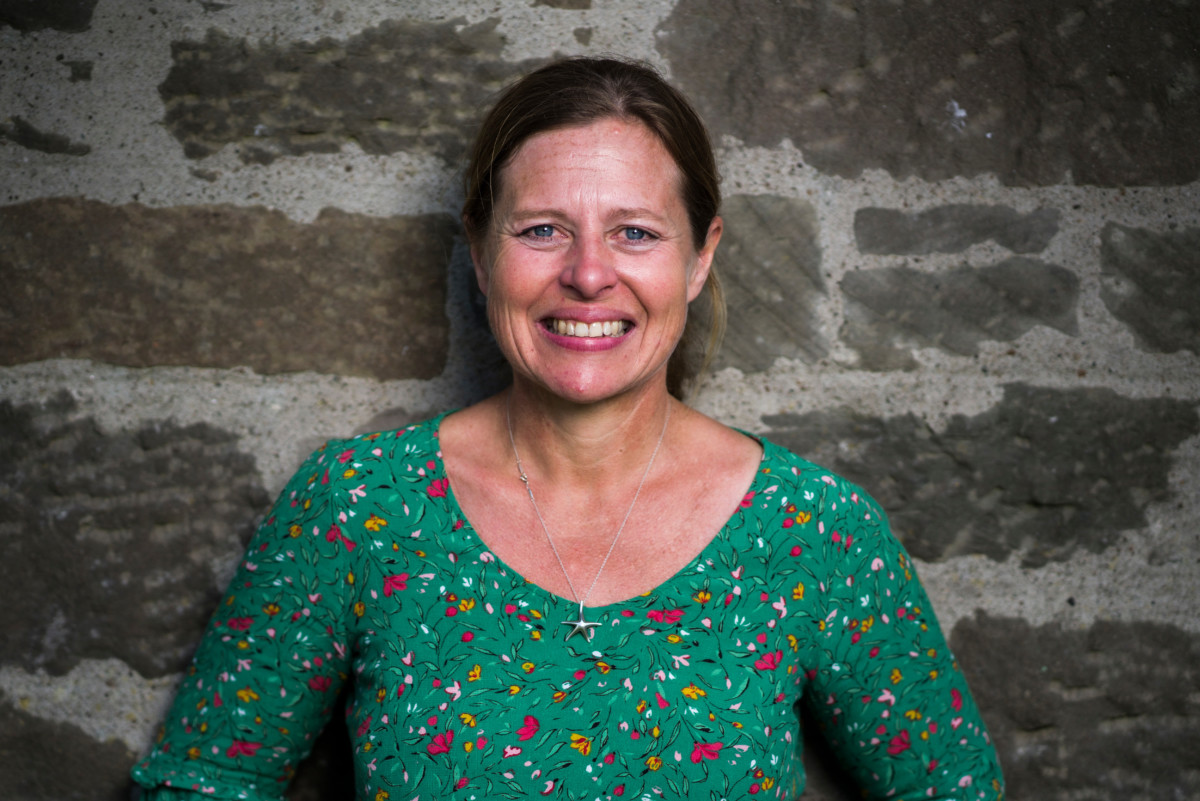Blogs & News
EVENT: Rural and thriving - Scottish and Nordic lessons on reversing de-population
13 October 2020

Our very own Jane Craigie will be moderating the Scottish and Nordic perspectives on the common objective of repopulating rural and remote areas.
Arctic Connections
Scotland is among the Arctic region’s closest neighbours. Connections between Scotland and the Arctic, however, go much further than geographical proximity and deep historic ties. We share many features, outlooks and objectives. Links forged through history continue to spur rich collaborations across a range of areas, from invigorating rural economies and improving connectivity, to promoting sustainable growth and cultivating cultural heritage.
Arctic countries are also major trading partners for Scotland and we have long worked together through international cooperation programmes.
Arctic Connections, Scotland’s first Arctic policy framework, offers a prospectus for knowledge and policy exchange on the many issues and ambitions that Scotland and the Arctic have in common, which include:
- mental health
- climate change
- rural healthcare
- depopulation
- science and research
- sustainable tourism
The policy framework reflects on shared challenges, sets out relevant Scottish expertise and encourages greater mutual learning with a view to improving the resilience and wellbeing of our communities. With climate change posing a devastating threat to the wellbeing of the Arctic region and of our planet, the need for even closer cooperation has never been greater. For this reason, while promoting neighbourly engagement with the Arctic, we also appeal to the wider international community to increase collective action, accelerate decarbonisation and jointly build a sustainable future for all.
Against the challenging backdrop of Brexit, we will continue to promote Scotland as the international partner of choice for our Arctic neighbours, opening new opportunities for bilateral and multilateral collaboration.
Arctic Connections webinar series
We are holding a series of digital events around the themes of the policy framework from October 2020 to early 2021. Confirmed events are below, more dates will be released in due course.
About this Event
Mirroring a trend that has been observed across Nordic countries, Scotland is experiencing a process of urbanisation and population aging. Rural areas account for 98% of Scotland’s land mass but only 17% of its total population, with further losses being projected due to declining birth rates and reducing inward migration. Scotland’s sparsely populated areas are at risk of losing more than a quarter of their population by the middle of the century if current demographic trends continue. Depopulation poses substantial policy and economic issues while affecting the wellbeing and resilience of shrinking rural communities. Scotland’s challenges, however, are not untypical.
This session will offer Scottish and Nordic perspectives on the common objective of repopulating rural and remote areas, identifying similarities, divergences and opportunities for mutual learning. Discussions will focus on approaches to making rural and remote communities attractive places to move to, live, work and bring up families, to ensure sustainable populations, facilitate inclusive economic growth and support wellbeing. The critical role of inward migration will also be discussed.
The impact of the COVID-19 pandemic will be multifaceted from a population and migration perspective, with higher mortality rates of an ageing population and international and internal migration flows already impacted in the short-term. However, it also presents an opportunity to explore different ways of working with more people working from home and the opportunities that presents in encouraging people to move to rural areas. The panel will comprise representatives of Scottish and Nordic rural regions to bring local-level experiences into the scope of the discussion and debate the importance of community-led initiatives in the context of wider policy-making.
This event is part of the Scottish Government’s Arctic Connections webinar series. Please find more information here.
Moderator
- Jane Craigie – Director, Rural Youth Project
Speakers
- Fiona Hyslop – Cabinet Secretary for Economy, Fair Work and Culture
- Karen Refsgaard – Research Director, Nordregio
- Timothy Heleniak – Senior Research Fellow, Nordregio
- Jane Atterton – Manager, Rural Policy Centre, Scotland’s Rural College
- Martin Shields – Isle of Kerrera Development Trust
Registered in Scotland No. SC623598







